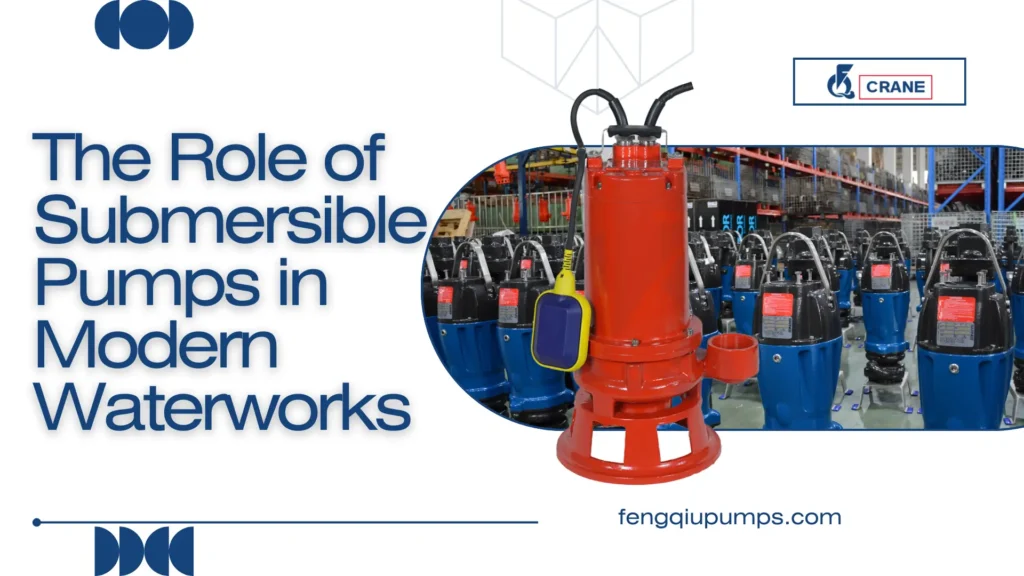Submersible pumps are among the important installations in modern waterworks.
By design, they operate underwater, which comes with certain benefits attributed to their use in many applications.
This article examines the benefits, features, and applications that come with submersible pumps in a way easy to understand by potential buyers for the importance of today’s water management solution.
Learn More:
Advantages of Buying Submersible Pumps from China
What are Submersible Pumps?
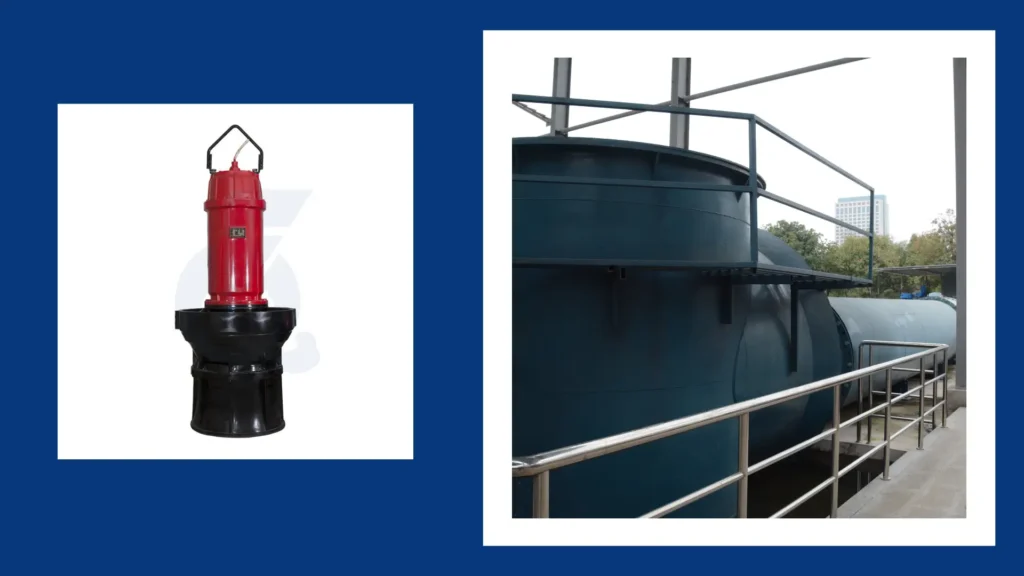
Definition and Design
One peculiar thing about their design is their wide-range operating efficiency, from residential wells to large-scale industrial systems.
Their construction is robust enough to sustain pressures and conditions underwater.
Working Principle
These pumps are able to pump out water by making use of an also completely submerged motor, hence allowing them to push the water upwards to the surface.
Such design minimize the possibility of occurrence of cavitation-a phenomenon that can cause damage to the pump-thereby allowing a smooth and uninterrupted flow of water.
Advantages of Submersible Pumps
Efficiency
High Performance
Generally, submersible pumps are more efficient compared to surface pumps due to their positioning underwater.
Energy losses during such operations are kept at a minimum.
Lower Energy Costs
Generally, this type of pump is efficient in its operation since the consumption of electricity is usually low compared to other types.
Utility bills will be so much lower overtime.
This is an added advantage where large volumes of operations are dealt with.
Faster Pumping Rates
Smaller pumping rates are sometimes because of the submerged design, as the movement of the liquids is faster; therefore, filling or draining could be impressively faster, which in certain time-sensitive applications may mean something.
Space-Saving
Compact Design
These submersible pumps are compact and slender to fit into small areas and tight spaces without needing a big structure above the ground.
Ideal for High Population Areas
This pump can be installed in areas where the population is high, and free space is not available.
These types of pumps are ideal for residential and commercial purposes in submersible pumps.
Installation Versatility
Their design allows them to adopt multiple installation methods and hence can adapt to different site conditions and requirements, enabling one to make full use of the availability of space.
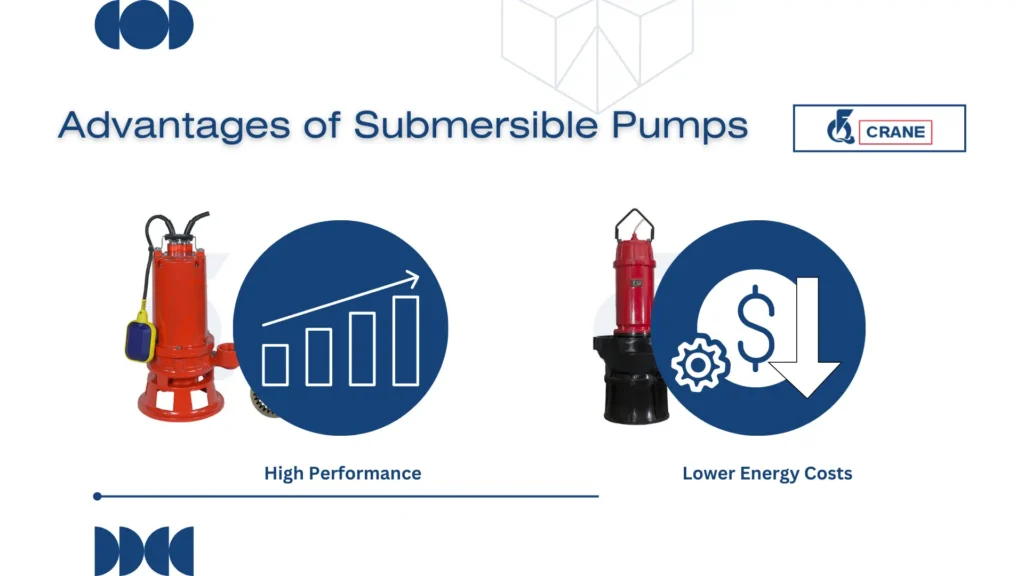
Reduced Noise Levels
Smaller Noise
Because the pumps can operate under water, by nature the noise is much muffled.
This aspect is very beneficial in residential situations.
Less Interruption
In noise-sensitive environments, such as hospitals, schools, or quiet neighborhoods, the minimal noise levels allow for a more continually peaceful environment, enabling activities and comfort without interruption.
Enhanced User Comfort
Quicker and quieter pumps enable the homeowners and entrepreneurs to build more comfortable surroundings, which are at least less stressful to live or work in.
As such, the quality of life tends to improve on many aspects.
Product Recommend:
Less Maintenance
Protection from Debris
Being fully submerged, submersible pumps have less exposure to air-borne debris, dust, and other contaminants that can easily clog up or damage components.
It is a protective environment for it, resulting in few breakdowns and repairs.
Longer Life
Submersible pumps, due to their interaction with the environment, have less wear and tear, hence longer life compared to surface pumps.
This again translates to fewer replacement costs.
Ease of Maintenance
Most submersible pumps are designed in such a way as to provide easy access during maintenance activities.
Unlike other pumps, many malfunctioning conditions do not require total disassembling of parts but, rather routine checks and quick repairs get the job done.
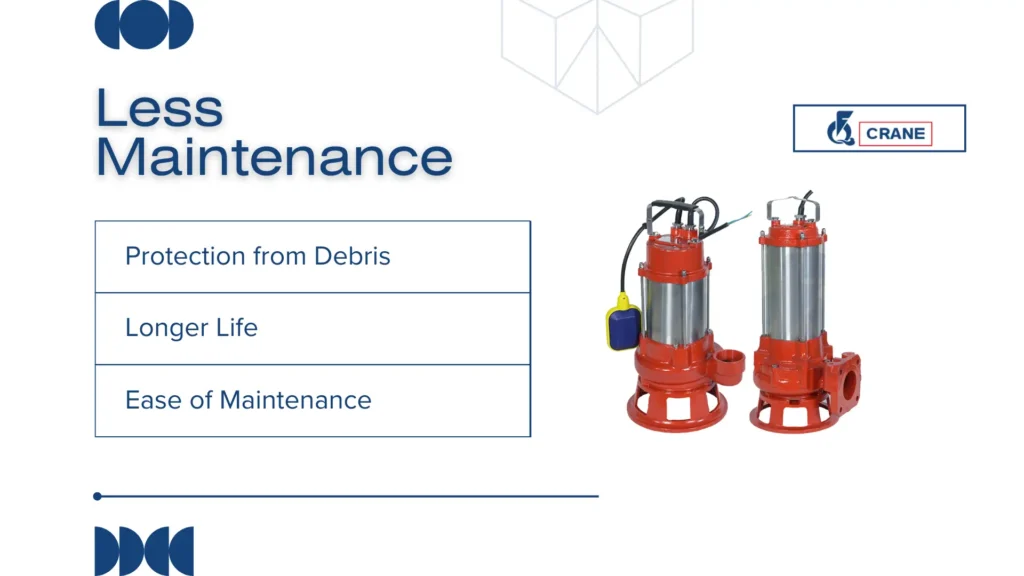
Versatility
Extensive Avenues of Usage
The submersible pumps can deal with all types of work, from transferring clean water to handling wastewater, for residential, agriculture, and industry.
Versatility
They could operate in various fields, such as in wells, ponds, sewage, irrigation systems, among others, thus proving their adaptability against varied needs and situations.
Variety of Configurations
Submersible pumps come in a number of designs and sizes that enable users to select models most appropriate for their needs, whether these needs be for high-capacity drainage or for low-flow applications.
Applications of Submersible Pumps
Residential Use
Submersible pumps are widely utilized by homeowners in well water and sump systems, among other areas.
In ground water wells, the pumps do a great job of drawing out this precious resource from deep underground to provide a continuous supply for household usages.
In sump systems, submersible pumps prevent flooding by removing excess groundwater that comes into basements and crawl spaces.
Industrial Applications
In industry, the submersible pumps are indispensable in dewatering and handling wastewater.
Many factories are experiencing various problems that come along with an abundance of water due to heavy rainfall or production processes.
Submersible pumps will help remove such water with efficiency for continuity at work and to ensure the workplace is safe.
Application in Agriculture
Farmers use submersible pumps for irrigation systems to supply water to the crops where and when needed.
They can operate efficiently to pump water from underground into the fields, as long as there would be an adequate quenching of crops without wasting even a single drop of precious water.
The efficiency will enhance the crop yields and the valuable water resource.
Municipal Water Systems
Submersible pumps are used in cities and municipalities for the movement of water in their supply systems.
The work of the pumps is to assist in moving water from the treatment plants to the distribution lines to ensure that clean and safe drinking water reaches the citizens.
Thus, they are a backbone to most of the modern municipal water systems because of their efficiency and reliability in operation.
Choosing the Right Submersible Pump
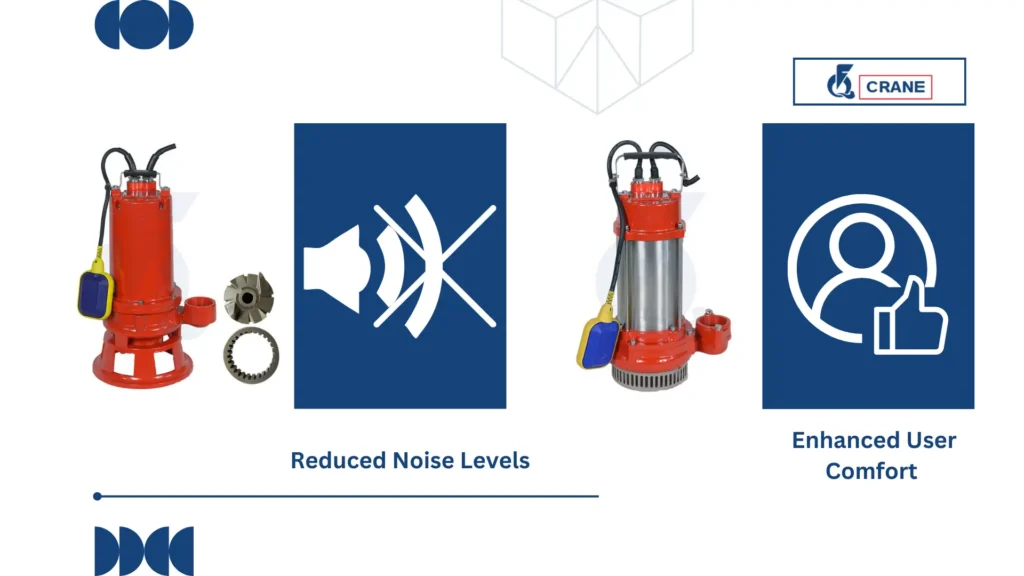
Flow Rate
In choosing a submersible pump, one has to consider what flow rate he wants in his application.
The flow rate, normally measured by gallons per minute, will determine how large and powerful a pump one needs.
Ensuring the flow rate of the pump satisfies your needs is important for operation efficiency in completing the work.
Power Source
Other than that, the source of the power is another critical factor in choosing a submersible pump.
Depending on your location and energy availability, you might want to decide on either an electric or solar-powered pump.
In more remote areas where conventional electricity may not be provided, solar-powered pumps can become pretty helpful; they are more compatible with nature and help keep the surrounding environment green by supporting the conservation of water naturally.
Need for Maintenance
Go for a pump that would be easy to maintain, as it will ensure efficiency and good performance over a long period.
Some of the submersible pumps are designed to make life easier for the users, and this means that their maintenance is not as problematic as it could have been.
Instead of having to deal with too much disassembling, these pumps are sometimes designed with easy access components that allow the users to effect cleaning or minor repairs on them quickly.
The well-maintained pump will be more efficient in performance and tend to serve longer.
Common Misconceptions About Submersible Pumps
Only for Deep Wells
A submersible pump can only be utilized in deep well applications.
Actually, they are quite adaptable, serving quite well in shallow applications, as well as a myriad of other applications, from pool draining to stormwater management.
High Maintenance Costs
Many people find submersible pumps relatively expensive to operate.
Where this is the case, good choice and installation could bring down the rate of maintenance to the barest minimum.
With periodic inspections done on the setup and some simple maintenance provided, the pump could operate without any expensive occurrence.
Noisy
Some individuals think that all pumps are noisy; the submersible pumps, however work extremely quietly and hence are appropriate for residential areas where one needs to observe restrictions of noise levels.
Noise due to their submerged nature gets dampened and hence is unobtrusive.
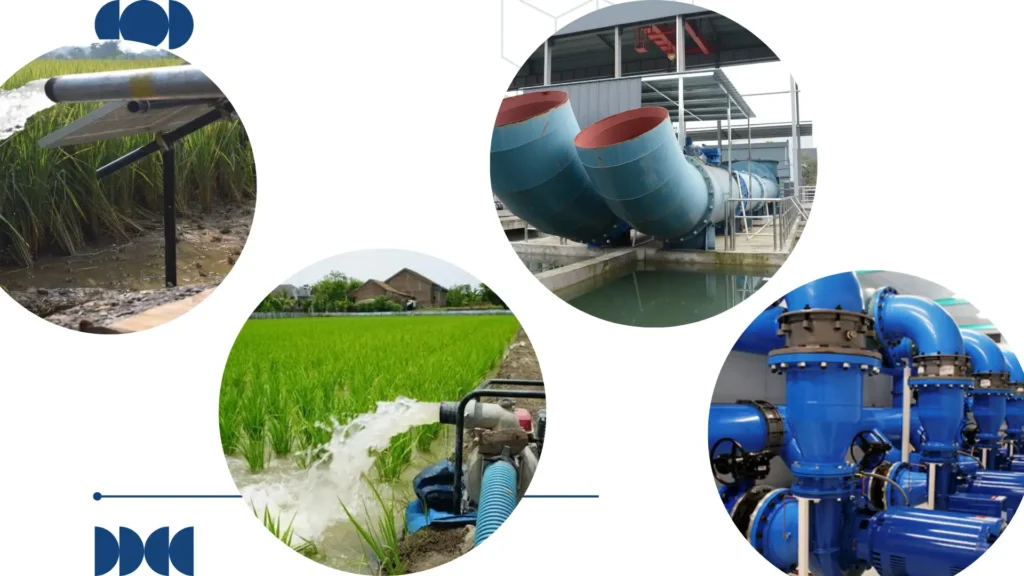
Only for Water
Another fallacy is that submersible pumps can only handle the movement of water.
Although their principal design is for water, most of them are capable of handling a wide range of liquids-from wastewater to certain chemicals-depending on how they are designed and built. By this, it increases their uses substantially.
Conclusion
Submersible pumps form an important part of the modern waterworks as an efficient and reliable method of water management.
Be it residential, industrial, agriculture, or even municipal applications; understanding their advantages and uses will enable buyers to make an informed decision.
A good quality submersible pump investment will save you both time and resources for many years in improving your water management activities.

